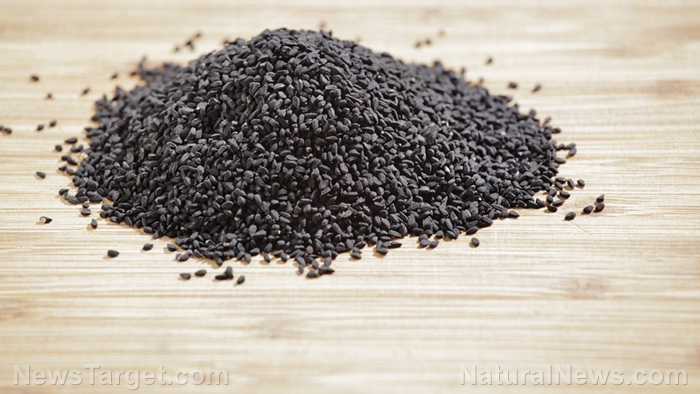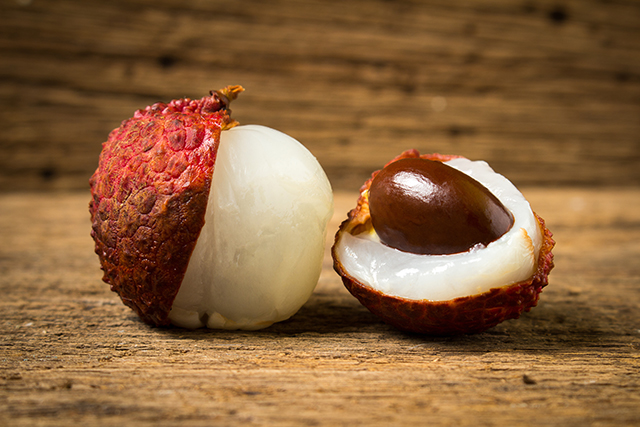Compounds from hops shown to benefit metabolic syndrome sufferers
03/04/2018 / By Jhoanna Robinson

A study conducted by the Oregon State University and Oregon Health & Science University showed that a group of compounds obtained from hops could boost cognitive and other functions in people with metabolic syndrome. The results of their research were published in an issue of the journal Scientific Reports.
- The research focused on xanthohumol (XN), a prenylated flavonoid from hops, and two of its hydrogenated derivatives: DXN and TXN.
- While past research had pointed to evidence that XN could be a possible treatment for metabolic syndrome, what makes XN so problematic is the fact that it transforms itself into 8-prenylnaringenin, or 8-PN, an estrogenic metabolite.
- Taking XN for a long period of time can lead to estrogenic side effects, which include endometriosis and breast cancer.
- In the experiment that the researchers did with mouse models, it was found out that XN and its hydrogenated derivatives, DXN and TXN, boost glucose tolerance and insulin resistance, and sensitivity to leptin, which is a hormone that tells the body that it is already full after a meal and which also aids in energy expenditure.
- It was also found out that the derivatives were even more effective than XN itself, as they don’t result in estrogenic metabolite and they don’t have the propensity to establish estrogen receptors.
- When the researchers tested mice in a water maze, it was found out that XN and its derivatives fixed impairments in spatial learning and memory induced by the high-fat diet that the mice had been given.
Among the organizations and institutions that collaborated in this study are the Linus Pauling Institute, the OSU College of Pharmacy, Hopsteiner Inc, the OSU Foundation Buhler-Wang Research Fund, and the National Institutes of Health.
Journal Reference:
Miranda CL, Johnson LA, Montgolfier OD, Elias VD, Ullrich LS, Hay JJ, Paraiso IL, Choi J, Reed RL, Revel JS, et al. NON-ESTROGENIC XANTHOHUMOL DERIVATIVES MITIGATE INSULIN RESISTANCE AND COGNITIVE IMPAIRMENT IN HIGH-FAT DIET INDUCED OBESE MICE. Scientific Reports. 2018;8(1). DOI: 10.1038/s41598-017-18992-6
Tagged Under: estrogen, estrogen receptors, estrogenic metabolite, food science, xanthohumol



















